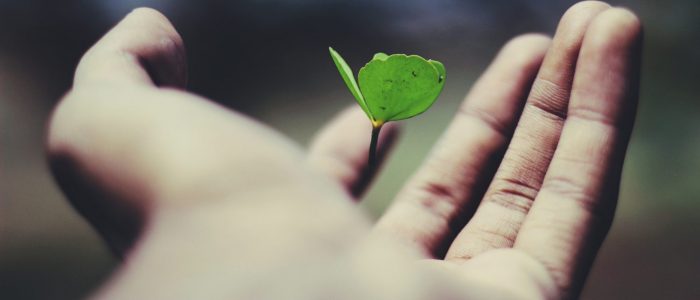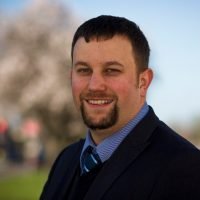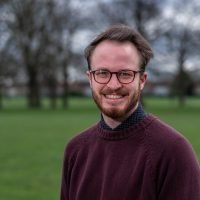Widows and Orphans: a philosophy for action

I often hear asked, “As a person of faith, how do you approach working with people of other faiths?” People generally understand the interest in dialoguing together about faith (aka ‘interfaith’) and they understand that having a faith motivates people to act, to do good, and make a positive difference. But if people hold different faiths, that means they have a different starting point, different ideas, and an entirely different worldview. So how do they come together? Essentially, how does an organisation like FaithAction work, when it is multifaith?
Generally, FaithAction does not hold theological positions. However, we have found that most faiths have a duty to the widow and the orphan. This is therefore a good example of a focal point for effective, authentic, multifaith collaboration.
In today’s society, the widow is the individual without economic independence (or, to use another term, ‘agency’), and the orphan is the one without a place of belonging. Many in our society fall into one or both of these categories, as has been true of all societies. However, in the ever-individualising societies of the West, falling into these categories has become much more hazardous. Many already live as widows and orphans, and many more live in fear of becoming one. We are all only one unforeseen transition (an illness, a relocation for work, a loss of a job, etc.) away from becoming a widow or an orphan. With strong social bonds, the risk associated with such a transition is shared, but in our society risk is often placed on the individual alone, making life insecure for many.
The need to take care of today’s widows and orphans is therefore clear and significant, and the duty of faith communities to these people is equally apparent. Furthermore, faith communities provide security in the form of strong social bonds, trust, and belonging – an antidote to the society-wide insecurity caused by our individualised culture. The need, the mandate, and the fit are all clear. Here we have, then, a common ground for faith communities to make a positive difference together.
When it comes to our duty to the widow and the orphan, our differing faiths may mean different starting points, but the action that results will be the same.
Our Manifesto
So, what might this common action in service of widows and orphans look like? The Manifesto we recently published contains five practical policy proposals. This is by no means an exhaustive list, but one that contains some ideas that we believe contain particular significance to our society at present and which grant economic independence to widows and a sense of belonging to orphans.
The goal behind these proposals is ‘The Desire for Decency’. While the Manifesto proposals are specifically aimed at the new government, creating the conditions for a decent society where widows and orphans are provided for moves far beyond government policy. We mean for this manifesto to be read as a call for a new way of doing things as a nation, for a new way of relating to our neighbours near and far. It is a call for the creation of a new common life in which justice and dignity are afforded to all, unity and cohesion are reinstalled as central building blocks of society, and where everyone may feel that they belong.
2020: A Fresh Start
Many of the ideas we just described as ‘new’ are not original, but they are ideas that have grown old and are in need of renewal. It may be more accurate to say that we are calling for a ‘fresh’ way of doing things. At the level of policy, we hope that 2020 will mark a fresh start – the beginning of a decade marked by decency. As individuals, many of us will see the new year as the perfect opportunity for a fresh start too – a time to form new habits, quit bad ones, and attempt to approach our lives differently.
In addition to seeking self-improvement this year (buying a gym membership, quitting smoking, etc.) why not think about community improvement too? What could you be doing as an individual this year to treat others with decency? How could your faith community collaborate with others to serve widows and orphans? As individuals and as a nation, let’s start talking about the values we want this decade to be marked by and find ways to promote them together.




